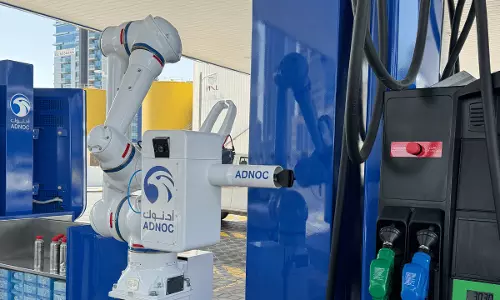
Stem cell therapy promises cure for heart damages caused by attack
text_fieldsLondon: Following a heart attack, the human heart has the ability to make new muscles and possibly repair itself. However, most often, the rate of regeneration is so slow that it can't fix the kind of damage caused by the attack.
Now in what could be termed a ray of hope for many, a team of German, Swedish, and British scientists has developed a new stem cell therapy that can repair damaged hearts in pigs.
A heart attack also creates scar tissue in place of working muscle tissue, which is less elastic.
But, the team, including scientists at AstraZeneca in collaboration with the Technical University of Munich (TUM), Karolinska Institutet, and Procella Therapeutics, a Swedish biotech, created a new stem cell therapy using human ventricular progenitor (HVP) cells to help pig hearts to repair itself.
HVP cells are known to play a crucial role in the formation of the heart during embryonic development.
In the study, published in Nature Cell Biology, the team used pig models with acute injury and chronic ischemic heart failure. They demonstrated that HVP cells helped regenerate healthy cardiac tissue following a heart attack. The therapy has also shown to improve cardiac function and reduce scar tissue.
"Our research team was able to demonstrate in a laboratory setting how HVP cells can migrate to damaged regions of the heart, and mature into healthy working heart cells while preventing the formation of scar tissue," said Karl-Ludwig Laugwitz, Professor of Cardiology at TUM.
"These findings highlight a significant milestone in the potential therapeutic use of HVP cells in the treatment of patients with serious heart failure, especially amongst older populations for whom heart surgery may represent an excessive strain in recovery," Laugwitz said.
The team hopes to start clinical studies on humans within the next two years.
The researchers said their results show that damage to the heart can be reliably repaired even in large animals with no serious side effects observed.
The team used pigs to study the effectiveness of treating a damaged heart because of their physiological similarity to humans.
The study "provides new hope for the millions of patients worldwide with end-stage heart failure waiting for a heart transplant", said Kenneth R. Chien, Professor of Cardiovascular Research at Karolinska Institutet.























